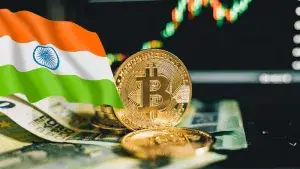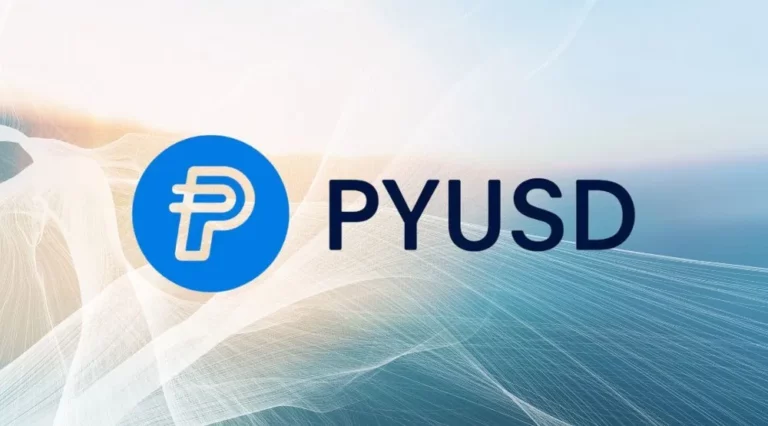The Orissa High Court in India has ruled that cryptocurrency transactions are not illegal under Indian law. This decision came from a case involving allegations of fraud through a Ponzi scheme. Justice Sasikanta Mishra clarified that cryptocurrencies are not considered money under the Prize Chits and Money Circulation Schemes (Banning) Act or deposits under the Odisha Protection of Interests of Depositors Act. Therefore, simply dealing in cryptocurrencies is not a crime under these laws.
Crypto Transactions Deemed Legal
The Orissa High Court’s recent ruling has provided clarity on the legal status of cryptocurrency transactions in India. This important decision arose from a case involving two individuals accused of running a Ponzi or multi-level marketing (#MLM) scheme.
The main legal issue was whether these activities violated the Prize Chits and Money Circulation Schemes (Banning) Act and the Odisha Protection of Interests of Depositors Act (OPID). Justice Sasikanta Mishra, ruling over the case, stated: “Cryptocurrency is not money as defined by the Prize Chits and Money Circulation Schemes (Banning) Act, and investments made by the public in cryptocurrency do not qualify as deposits under the OPID Act.” He further asserted:
“Simply dealing in cryptocurrency cannot be considered illegal. Hence, it does not constitute an offense under the OPID Act.”
The defendants were accused of operating a fraudulent cryptocurrency company, convincing people to invest in a digital currency called Yes World Token. They allegedly persuaded individuals to invest by creating trust wallets and promising high returns. This scheme required participants to recruit more members, promising bonuses or interest payments that increased with the number of new recruits. The operation resembled a multi-level marketing structure, raising concerns about its legality and investor safety.
Justice Mishra highlighted the lack of evidence showing that the accused had deceitfully obtained property from anyone. He pointed out that the investment strategy did not support claims of cheating, as the invested funds were still secure in the investors’ trust wallets. He concluded:
“There is no evidence of forgery or manipulation of documents or records, making it unlikely that offenses under sections 467, 468, or 471 of the Indian Penal Code (IPC) are applicable.”
What are your thoughts on this ruling? Share your views in the comments section below.
Big Breaking 🚨
— 𝕄𝕚𝕥𝕙𝕚𝕝𝕖𝕤𝕙 𝕂𝕖𝕤𝕙𝕒𝕣𝕚 (@mkeshari) June 16, 2024
The Orissa High Court in India has ruled that cryptocurrency transactions are not illegal under Indian law.https://t.co/4yweFXDicw#CryptoInvestors #Cryptocurrency #India pic.twitter.com/OxQJfBgfhN























+ There are no comments
Add yours